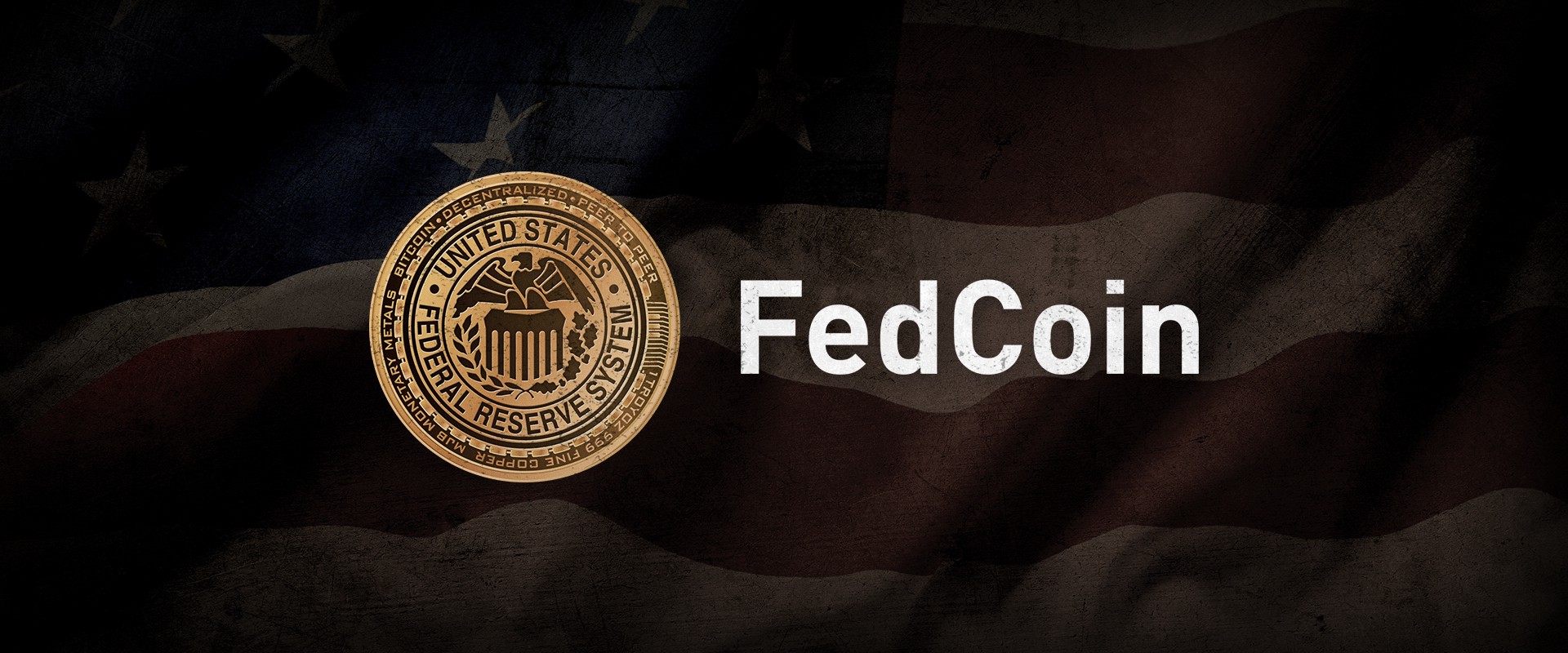PALO ALTO, Calif. (Reuters) - The Federal Reserve is looking at a broad variety of concerns around digital payments and currencies, including policy, style and legal considerations around possibly releasing its own digital currency, Guv Lael Brainard said on Wednesday. Brainard's remarks suggest more openness to the possibility of a Fed-issued digital coin than in the past." By transforming payments, digitalization has the prospective to deliver higher worth and benefit at lower cost," Brainard said at a conference on payments at the Stanford Graduate School of Organization.
Reserve banks internationally are disputing how to handle digital financing innovation and the distributed ledger systems used by bitcoin, which assures near-instantaneous payment at possibly low cost. The Fed is developing its own day-and-night real-time payments and settlement service and is currently reviewing 200 comment letters sent late in 2015 about the suggested service's style and scope, Brainard stated.

Less than two years ago Brainard informed a conference in San Francisco that there is "no compelling demonstrated need" for such a coin. But that was prior to the scope of Facebook's digital currency aspirations were commonly understood. Fed authorities, consisting of Brainard, have actually raised issues about consumer protections and information and privacy dangers that might be positioned by a currency that might enter usage by the third of the world's population that have Facebook accounts.
" We are working together with other main banks as we advance our understanding of reserve bank digital currencies," she stated. With more countries checking out providing their own digital currencies, Brainard stated, that contributes to "a set of factors to likewise be making certain that we are that frontier of both research and policy development." In the United States, Brainard said, concerns that require study consist of whether a digital currency would make the payments system much safer or simpler, and whether it could present financial stability threats, consisting of the possibility of bank runs if money can be turned "with a single swipe" into the central bank's digital currency.
To counter the monetary damage from America's unprecedented nationwide lockdown, the Federal Reserve has taken unprecedented actions, consisting of flooding the economy with dollars and investing straight in the economy. Most of these moves got grudging acceptance even from numerous Fed skeptics, as they saw this stimulus as required and something just the Fed could do.
My new CEI report, "Government-Run Payment Systems Are Hazardous at Any Speed: The Case Versus Fedcoin and FedNow," information the threats of the Fed's present plans for its FedNow real-time payment system, and propositions for central bank-issued cryptocurrency that have actually been dubbed Fedcoin or the "digital dollar." In my report, I go over concerns about privacy, information security, currency manipulation, and crowding out private-sector competition and development.
Advocates of FedNow and Fedcoin say the federal government should develop a system for payments to deposit immediately, rather than encourage such systems in the personal sector by lifting regulatory barriers. However as noted in the paper, the private sector is supplying a relatively unlimited supply of payment technologies and digital currencies to solve the problemto the degree it is a problemof the time gap in between when a payment is sent and when it is received in a savings account.
And the examples of private-sector innovation in this area are numerous. The Clearing House, a bank-held cooperative that has actually been routing interbank payments in numerous types for more than 150 years, has been clearing real-time payments since 2017. By the end of 2018 it was covering 50 percent of the deposit base in the U.S.